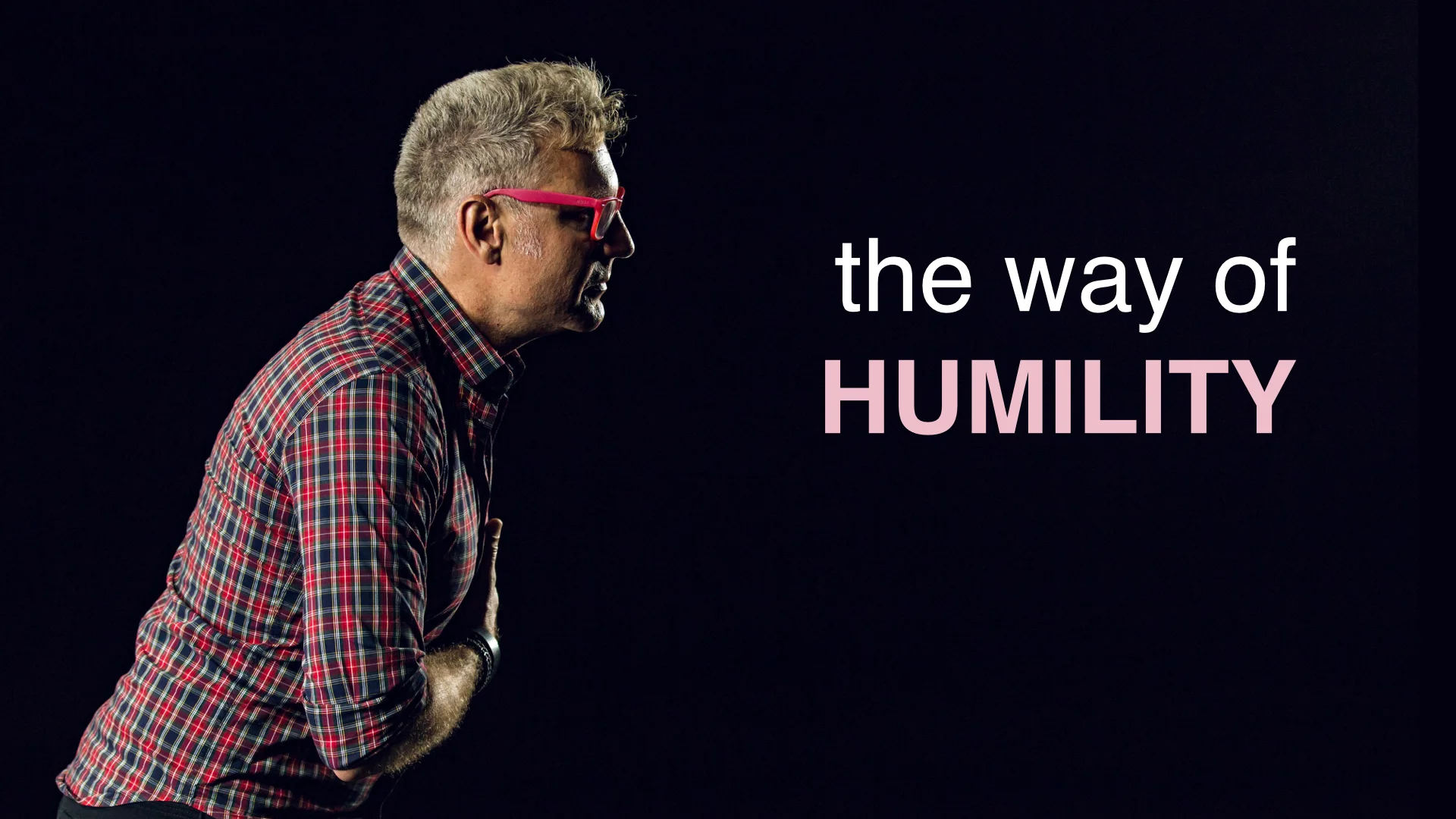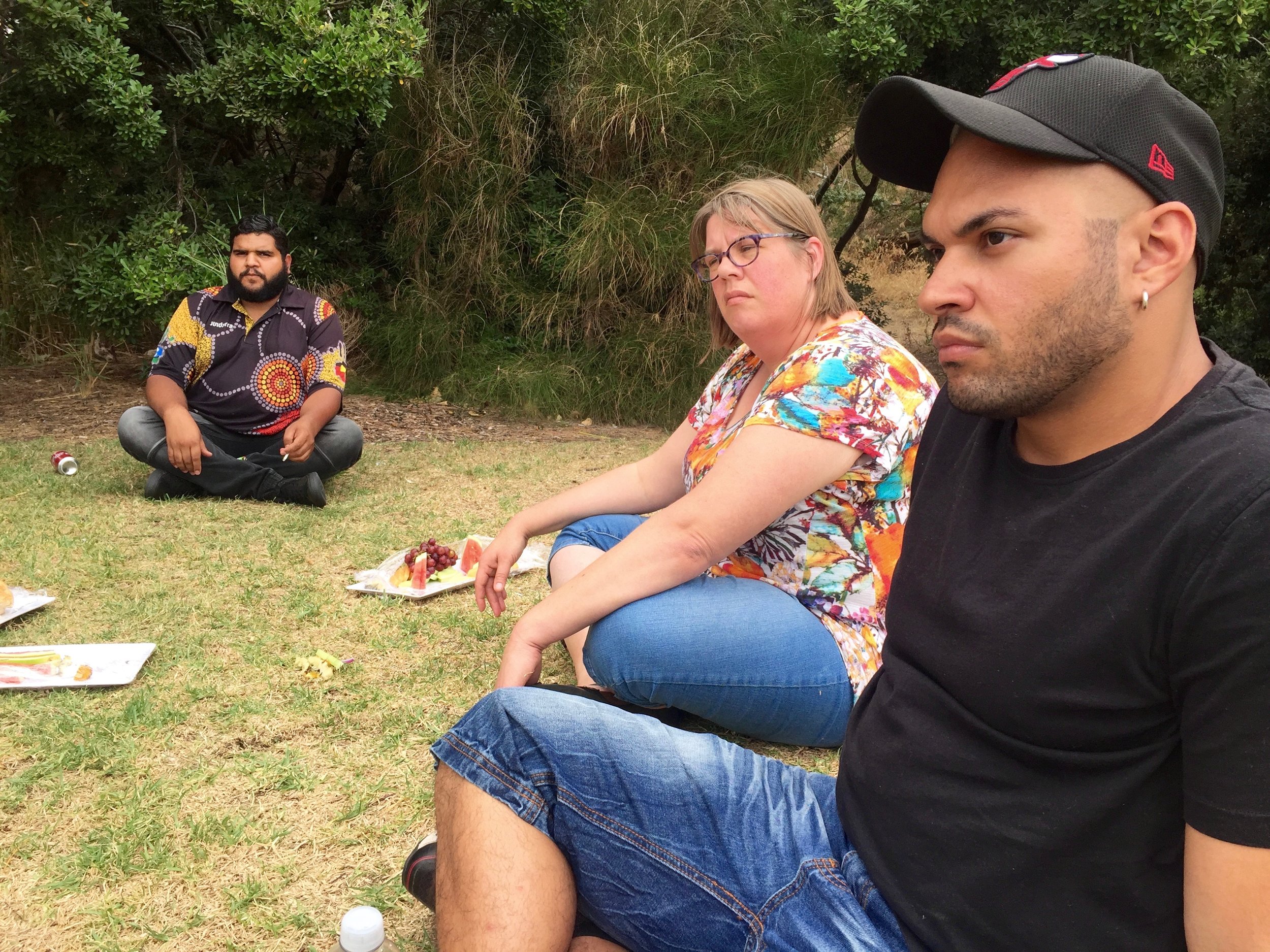Dhaka, Bangladesh, is a city that has grown from one million to twenty-million in less than twenty years. A thousand people move to the city each day, hoping to find work in one of the garment factories where many of the clothes we wear are made. Hungry children beg for coins in the streets. The polluted air is hard to breathe. The people are radiant and friendly.
I’ve had a chance to visit this colorful city three times in the past three years. Arguably, it has some of the worst traffic in the world. Eager to show me important historical sites, my friend drove me fourteen miles across the city—a trip that took seven hours! As we inched, bumper to bumper, along the road after dark, my friend played tour guide: “there you have your Radisson hotel, and there you have your elephant.”
What? I turned to see a five ton elephant walking along next to our vehicle. A handler led the compliant creature by a rope. They were returning from a wedding where the animal was forced to carry people on its back while they had their pictures taken. The driver said, “We’re lucky. Sometimes they make the elephant block the road and only let you pass if you pay the bribe.”
It was sad to see such a powerful and intelligent creature shackled amidst the cacophony of honking horns and car exhaust. Elephants in the wild are surprisingly graceful, like the baby elephants I’d recently encountered frolicking in the mud at a wildlife refuge in East Africa.
You wouldn’t dare try to tame a fully grown elephant. Instead a baby is captured. A rope is tied around its leg and staked to the ground. The young elephant will struggle for days and weeks to pull itself free, but will eventually give up. Years go by. The elephant grows incredibly strong. It could easily pull up the tiny stake. But it won’t even try. Why? Because it’s will has been broken. Its imagination paralyzed. Fortunately the cruelty of this custom has come under scrutiny and outlawed in many parts of the world.
The way an elephant is domesticated reminds me of how we can become captive to distortions and limiting thoughts that shape our perceptions of reality. We can feel like we are powerless, even when strength and resources are available to live in a new way.
Our perceptions are shaped by the small and large traumas of early life. And just like a captive elephant, we can become trapped by early perceptions of who were are, who God is and how life works.
In my new book, the Ninefold Path of Jesus, I use the Beatitudes to represent nine invitations to “see” differently. The Beatitudes name nine distinct areas of human struggle that Jesus addressed in the Sermon on the Mount. Our first instincts are to be anxious, avoidant, competitive, apathetic, judgmental, evasive, divided, retaliatory, and afraid. Neurological research suggests that many of these patterns of perception are wired into the biology of our brains. For example, to keep us alive the fight-or-flight response alerts us to potential dangers. But to thrive we must learn to move from anxiety to trust: “Blessed are the poor in spirit.” Similarly, racism is built into our brains. We instinctually distrust people who have different skin tones and facial features than we do. To thrive we must reach past these differences: “Blessed are the peacemakers.”
First instincts explain a lot about the conditions we see in the world. Anxiety about having enough is the cause of so much striving and greed and the growing gap between the rich and the poor. Our tendency to avoid pain produces a distracted and entertainment-addicted culture and the inability of those with the power to take responsibility for the harm they cause. Our competitive instincts are responsible for our obsession with achievement and success. Our learned helplessness has led us to believe that we can do little to address systemic injustices. Our tendency toward judgment and contempt produces conflict and division. Our impulse toward shame makes us image-conscious, distrustful, and alienated from others. Our instinct toward dualistic us-versus-them thinking creates tension and divides in public and private life. Our tendency to retaliate leads to preemptive wars and a punitive correctional system. Our fear of death leads us to choose self-preservation over courage and self-giving love.
First instincts are necessary for our early survival, but they eventually become toxic. To thrive we must transcend our automatic responses and learn to see and act from a more complete and accurate understanding of reality. Jesus claimed that he understood the true nature of reality, which he called “the kingdom of God.” His invitation was to rethink or reimagine our whole lives—to see in a new way. His teachings challenge many of our instinctual ways of seeing, with the signature phrase, “You have heard that it was said, but I tell you . . .”
To live in a new way and to see the world become different and better, we must learn to act from this higher state of kingdom consciousness. Jesus invites us to confront our distorted responses to life and return to what is most real and true. The Beatitudes chart this path back to reality.
The Beatitudes name the illusions and false beliefs that have kept us chained and imprisoned. We’ve learned to live from a mentality of anxiety and greed, but what if this is a world of abundance? We’ve learned to live as if there is no option but despair, but what if solace and comfort are near? We’ve learned to live by striving, competing, and comparing, but what if we all have equal dignity and worth?
The Beatitudes point us toward what is real and true. We are not helpless. We have the power to do good and seek justice. Mercy triumphs over judgment. We can stop hiding and pretending, and be honest.
The Beatitudes invite us to a new way of life, into a path of recovery. Instead of dividing the world into us and them, we can learn to embrace each other as family. Instead of resisting pain, we can learn to be resilient and join the cosmic struggle between good and evil. Instead of living in fear, we can choose hope, courage, and radical love.
It's often assumed that the good life is only for the most wealthy, attractive and powerful. Poor, sad and suffering people are left out. But the ninefold path of the Beatitudes is for everyone. Whatever your story, whatever your struggle, wherever you find yourself, this way is available to you.




